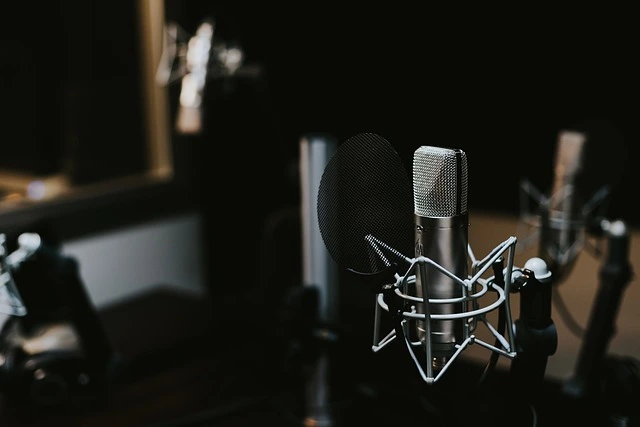Harmonizing with the Taxman: Using a combination of strategies to maximize royalty, licensing benefits, and equipment/service expenses.
Handling the tax environment on different occasions for the production of music and studios is still a challenge that requires spirit coupled with knowledge. Although these are very strong foundations for effective tax compliance, let’s talk about advanced measures that will help you dance around the tax man and always sing in tune.
The Royalties Rondo: Navigating Complexities and Maximizing Deductions
The world of royalties is a nuanced ballet, where different types of income demand specific tax approaches:
International Royalties
Depending on where you are located, there will likely be an additional tax that is imposed on foreign royalties, and depending on the country where music is used, there could also be a tax treaty. Therefore, one should always consult a tax advisor specializing in international law for him/her to stay within the limits and pay fewer taxes.
Performance Royalties
There exists a need for proper accounting of expenses like traveling, instrument rentals, and payments to musicians.
Deductible Publishing Costs
Do not overlook the costs attached to such fat profits on publishing royalties. This may involve costs in the form of printing of sheet music, registration of copyrights related to your compositions, and marketing products you will have at a concert or sale.
The Licensing Fugue: Blending Deductions into your musical fabric.
Licensing your music for films, commercials, or video games can be a lucrative income stream, but it also unlocks a treasure trove of potential deductions:
Custom Production Costs
Such expenses may include using a session musician, hiring a studio room, or acquiring specialized software that is designed specifically for producing an original piece of writing for licensing.
Marketing and Promotion
To promote your music library for licensing purposes, you may incur some costs like website development, industry network events, and direct adverts – all of which can be expensed as business expenses.
Legal and Professional Fees
One might also have various deductible expenses, such as the contracts, clearances, or legal advice for an agreement with a licensor. Always keep in mind that experienced advice is a good investment for the future.
The Equipment Concerto: Optimizing Depreciation and Beyond
Your studio is your instrument, and its upkeep and upgrades deserve tax-friendly treatment:
Bonus Depreciation
Take into account the possibility of claiming bonus depreciation which is a one-year-only tax incentive that enables deduction from a significant part of the cost of necessary equipment bought during the year.
Maintenance and Repairs
Replacing worn-out cables in the studio equipment as well as recalibration of speakers is among other regular repair and maintenance activities that can be classified as business expense deductions.
Investing in Technology
Keep your competitors on their toes using smart investments such as virtual reality music-making devices and AI-assisted composer programs. Such costs can be considered part of R&D expenditure that could qualify for tax refunds thereby enhancing your financial position.
The Home Studio Symphony: Fine-Tuning Your Deductible Space
For many producers, the home studio is a haven of creativity, but claiming a portion of your living space as a business expense requires precise execution:
Qualifying Your Space
Always use your dedicated studio space for your music business activities, to qualify for the Hom Office Deduction. Use of a separate bedroom set up as a fully equipped production studio with clear distinction between personal living area would rate higher than occasional use of certain parts of your lounge that you occasionally use for composing.
Pro-Rata Allocation
For instance, do not take the full home mortgage where your studio is just a part of the property. Determine the percentage allocated towards these costs with the assigned space’s square footage compared to their overall house size.
The Grand Finale: Orchestrating Your Financial Success
Tax planning is a continuous activity. Here’s how to keep your financial melody in tune:
Stay Informed
As such, tax regulations change like a sophisticated music composition. Keep abreast of changing issues in your profession by reading periodicals, surfing the Internet, and consulting with tax experts. Consider utilizing marketplaces like IfindTaxPro. You can post your project and find the right tax specialist for you.
Embrace Automation
You should think about purchasing account software to help with cost tracking, revenue reporting, and tax preparation.
Build Your Team
Engage competent individuals such as tax advisor who know how to deal with the issues unique to the music sector and a true bookkeeper among others. They can assist you in dealing with complicated tax issues while increasing your allowable deductions so that you can concentrate on music.
Music studios can manage taxes by using these techniques. Knowing what you ought to do, you can perform well enough to ensure your finances are in order as a music producer you. Keep in mind that it’s your stage, so with appropriate know-how and, the support of a tax professional consultant, you may write a great financial score for your successful artistic work.








